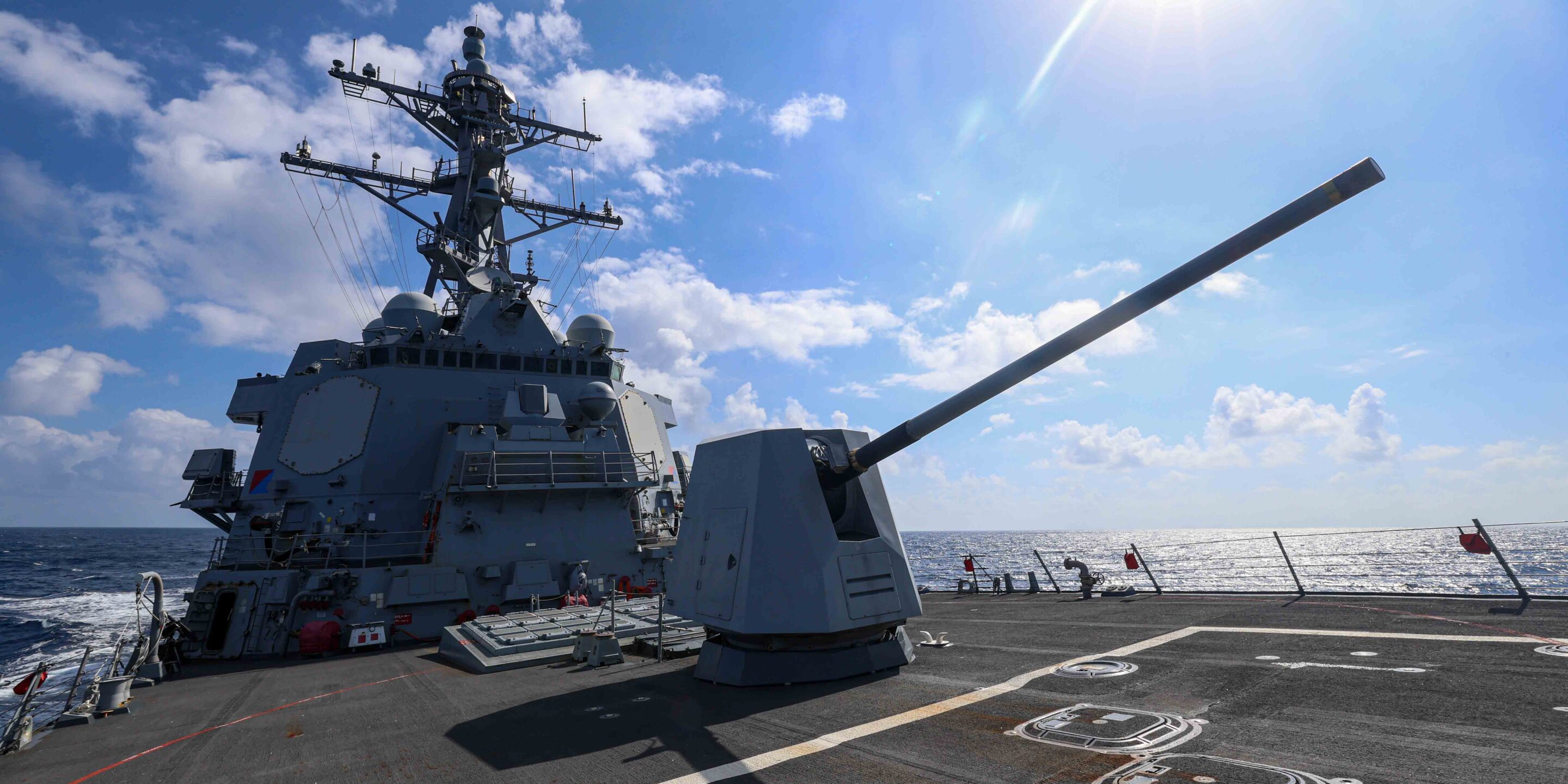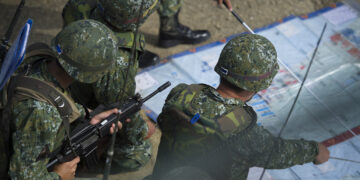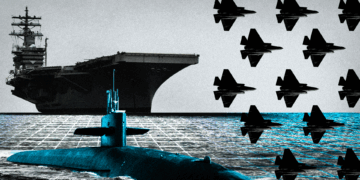July 11, 2024
Does the Hellscape strategy undermine U.S. strategic ambiguity regarding Taiwan?
By Demri Greggo

In the event that China attempts to consolidate control of Taiwan, USINDOPACOM commander Adm. Samuel Paparo detailed a strategy that may “turn the Taiwan Strait into an unmanned hellscape,” noting that he “can make their lives utterly miserable for a month, which buys me the time for the rest of everything.” According to the interview, the Hellscape strategy includes “deploying thousands of unmanned submarines, unmanned surface ships and aerial drones to flood the area and give Taiwanese, U.S. and partner forces time” to mount a response to a Chinese assault on Taiwan.
The Hellscape strategy appears to be a shaky attempt at deterrence. CIA Director William Burns expressed during an event last year that China may have the capability to consolidate Taiwan by 2027. There may be a sudden urgency in Washington to deter Beijing, and to do so quickly. The Hellscape strategy signals to China that the U.S. may contemplate a military response to a Chinese consolidation of Taiwan and that it’s working on ways to potentially stop that from happening.
Yet, publicizing the Hellscape strategy could unintentionally hasten Beijing’s efforts to gain control of Taiwan. If we assume that China may be ready to consolidate Taiwan by force by 2027, why would its leaders wait until the U.S. has the capability ready to defend it via the Hellscape strategy?
More on Asia

Featuring Jennifer Kavanagh
October 4, 2025

Featuring Jennifer Kavanagh
September 29, 2025







